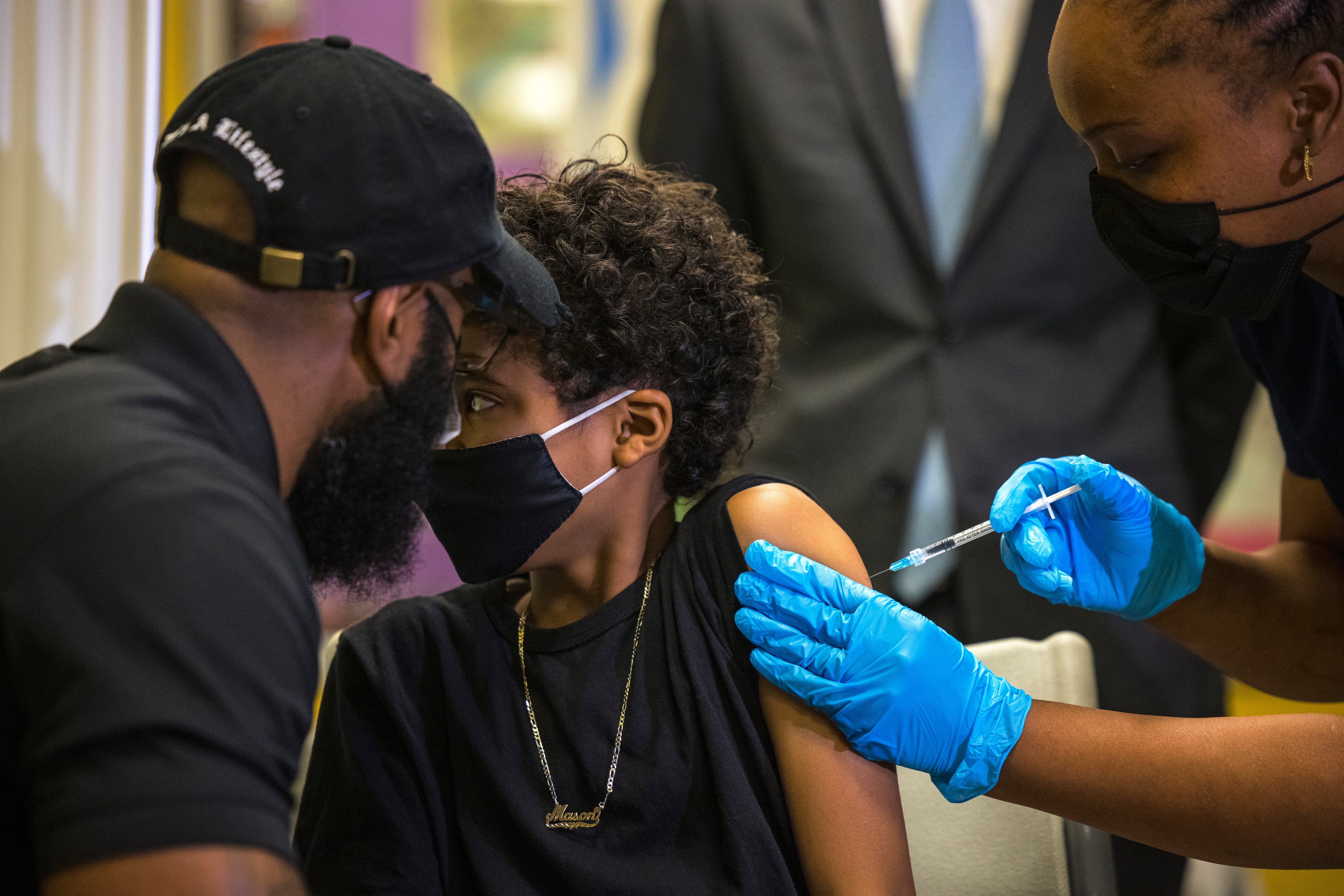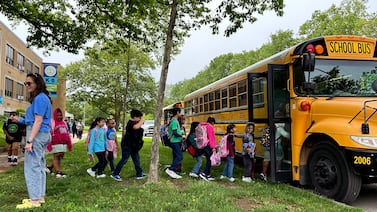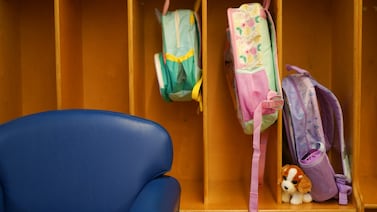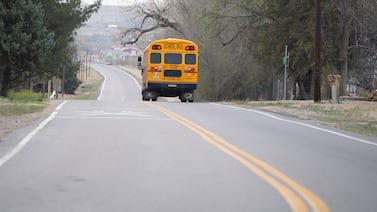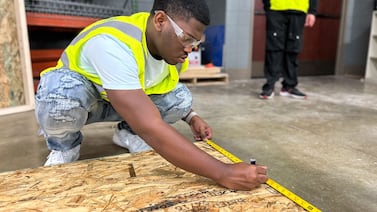The scramble for parents to get COVID vaccine appointments for young students has obscured a problem officials chose to spotlight Wednesday: low vaccination rates among Black and Latino children in Illinois.
In Chicago and Cook County, vaccine hesitancy among Black parents is nearly three times higher than among white parents, even though Black Chicagoans comprise a disproportionately greater number of coronavirus deaths compared to other racial groups, Dr. Ngozi Ezike, director of the Illinois Department of Health, testified Wednesday before a hearing by the House Select Subcommittee on the Coronavirus Crisis.
As of Nov. 7, Illinois has given 15,470 doses of the coronavirus vaccine to 5- to 11-year-olds. Out of the children who received doses, 67% are white, while only 12% are Latino and 3% are Black, Ezike said at the hearing held in Chicago.
The low vaccination rates could be due to the lack of access to health care providers in predominantly Black and Latino neighborhoods and misinformation about the vaccine.
At the hearing, Chicago Mayor Lori Lightfoot noted that getting the vaccine to students requires getting “the parents on board. That’s really what it’s about.”
The numbers reported by the state come shortly after the U.S. Food and Drug Administration authorized emergency use of the Pfizer-BioNTech vaccine for children ages 5-11. The Biden administration has urged governments to make schools the centerpiece of their outreach strategy.
In an interview with Chalkbeat in September, Ezike said the state would be working with pediatricians and pediatric groups, family physicians, and different providers to reach younger children. In addition, she said Wednesday, the state will continue to work with schools to establish vaccination clinics.
Ezike and Lightfoot testified about the city’s and state’s efforts to vaccinate residents and how they have tried to combat hesitancy, especially among people of color.
Statewide, among residents who are fully vaccinated, 60.4% are white, 14.6% are Hispanic, 10.6% are Black, and 6.6% are Asian American.
Misinformation and the lack of retail pharmacies in Black and Latino neighborhoods have contributed to hesitancy among Illinoisans of color, Ezike told the subcommittee. Recent research found that, from 2007 to 2015, there were fewer pharmacies in Black and Latino neighbors than in white communities, said Ezike.
According to early data from the state, people living in communities with more Black residents were more likely to have to drive long distances to the closest COVID-19 vaccination site.
During the panel, Ezike asked federal officials to provide resources to combat and track misinformation because local health departments do not have the capacity to do so, but it is harming their efforts to vaccinate more residents.
“The ‘infodemic,’ if you will, is a very powerful tool that’s working against the COVID response efforts,” Ezike said.
Chicago Public Schools are closing this Friday for Vaccination Awareness Day, an effort to get younger students vaccinated. As of Nov. 9, Chicago Public Health Department reported that 69.5% of residents between 12 and up have received both doses of the vaccine.
Dr. Ian Jasenof, chief medical officer of the Miles Square Health Center in Chicago, said that in addition to getting buy-in from parents, his clinic has to consider supply chain challenges, education for staff, and storage.

